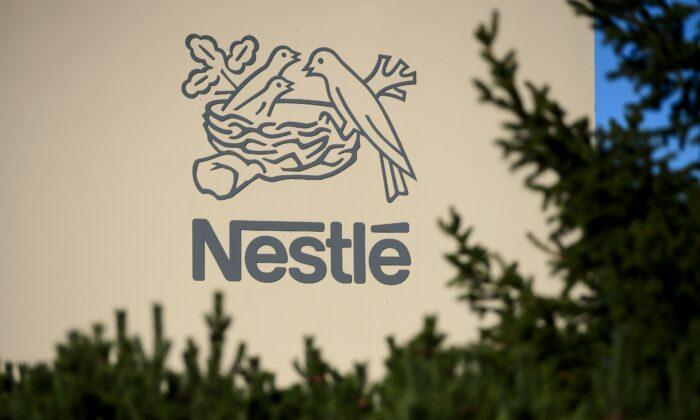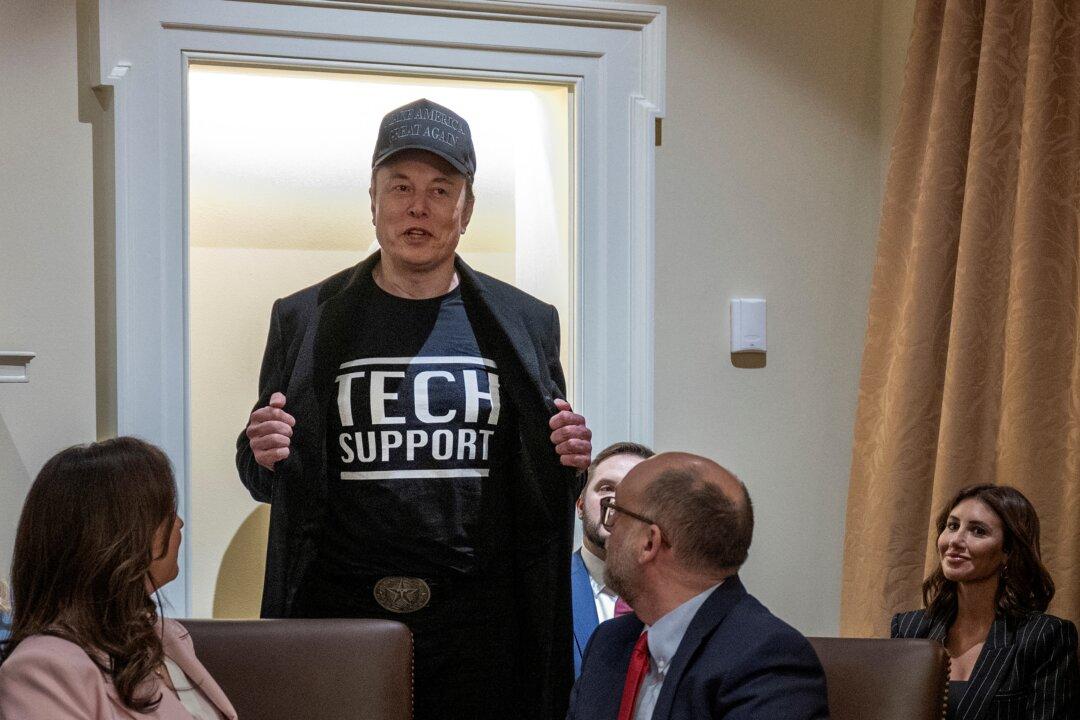Nestlé, the world’s largest food and beverage firm, announced this week that it would increase prices on goods due to inflation.
Last month, consumer prices increased 5.4 percent in June from a year earlier, the biggest monthly gain since 2008.
Although Schneider echoed the Federal Reserve in saying he believes the inflation will be “transitory,” the firm will have to raise prices by about 2 percent to offset cost increases of 4 percent. Nestle hiked prices by 1.3 percent during the first half of 2021.
“We’re in a period now, which started last year with the onset of the pandemic, and which will probably last another year or so,“ he added, ”where you will have pretty strong gyrations from one quarter to another on top line, gross margin and bottom line ... this will not be your normal year-over-year, steady comparison situation.”
Nestlé owns a number of brands worldwide and in the United States, including Toll House, Nescafé, Cheerios, DiGiorno, Hot Pockets, Dreyer’s, and hundreds more.
Earlier this week, Federal Reserve chair Jerome Powell said U.S. economic recovery is on track despite a rise in COVID-19 “Delta” infections.
“It seems like we have learned to handle this,” with progressively less economic disruption, Powell said, even as he acknowledged a fresh outbreak might to some degree slow the return of workers to the labor market or disrupt planned school reopenings in the fall.





